Is it really Olympics time already? It may be our advancing years, but the relentless conveyor belt of major sporting events is increasingly difficult to keep up with. It never ends. The 2024 Olympics are set to take place in Paris, and you can assume that the City of Light will become the City of Chaos and Woe between July 26 and August 11.
Our advice is to get out of the city and explore the continent. If you want to experience Olympic fever without, you know, actually having to be in the city, why not visit a past host? Nostalgia makes everything better, after all. These are the past Olympic (Summer and Winter) host cities across the continent, from Sarajevo to Rome via London, Lillehammer and more.
Sarajevo, Bosnia & Herzegovina
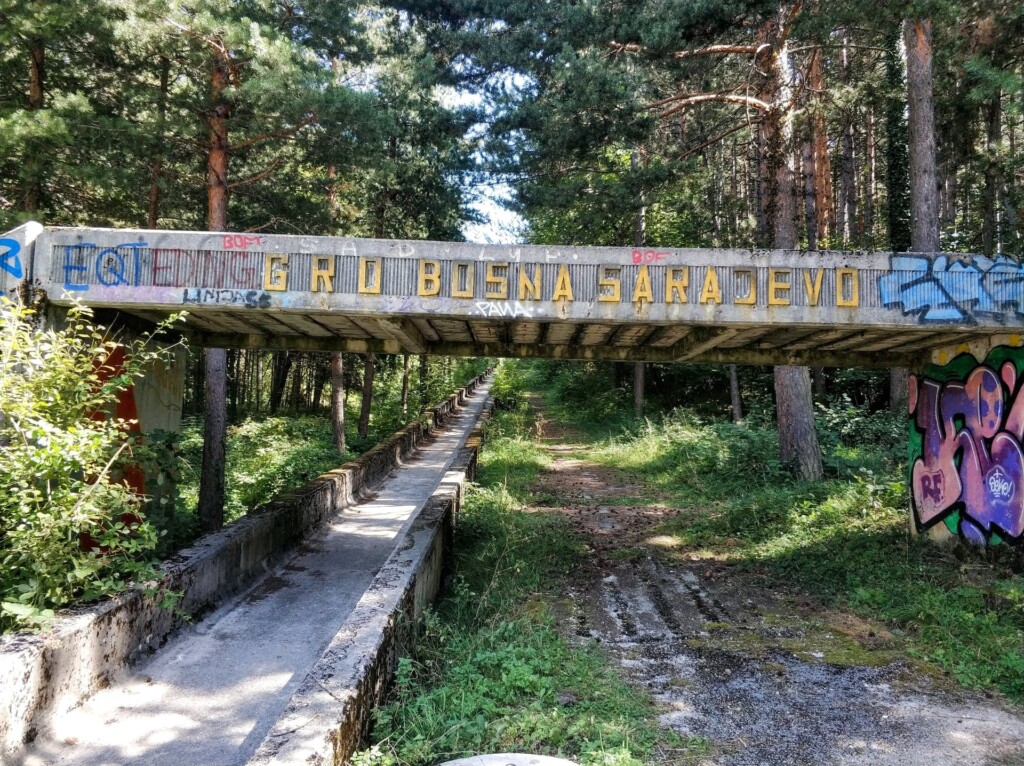
We’ll start with a city that takes its Olympic legacy very seriously. When Sarajevo hosted the Winter Olympics in 1984, it became the first socialist country to do so, and the memory of those games lives on all around the city today. Vučko (the ’84 mascot) is everywhere here, from bar monikers to inflatables and countless souvenirs in the Baščaršija. The former Olympic sites make up a considerable chunk of Sarajevo’s tourist offer, albeit in various stages of care. The skiing conditions on Jahorina are Olympic-quality, while the abandoned bobsled track has become a popular spot for explorers and Instagram addicts. The Olympic Museum, housed in a gorgeous building in the Mejtaš district, tells the story of the games from conception to completion. Forty years later, Sarajevo ’84 remains a big deal in the Bosnian capital. Also, if you’re going to buy a souvenir, we weren’t kidding about the Vučko thing.
Berlin, Germany
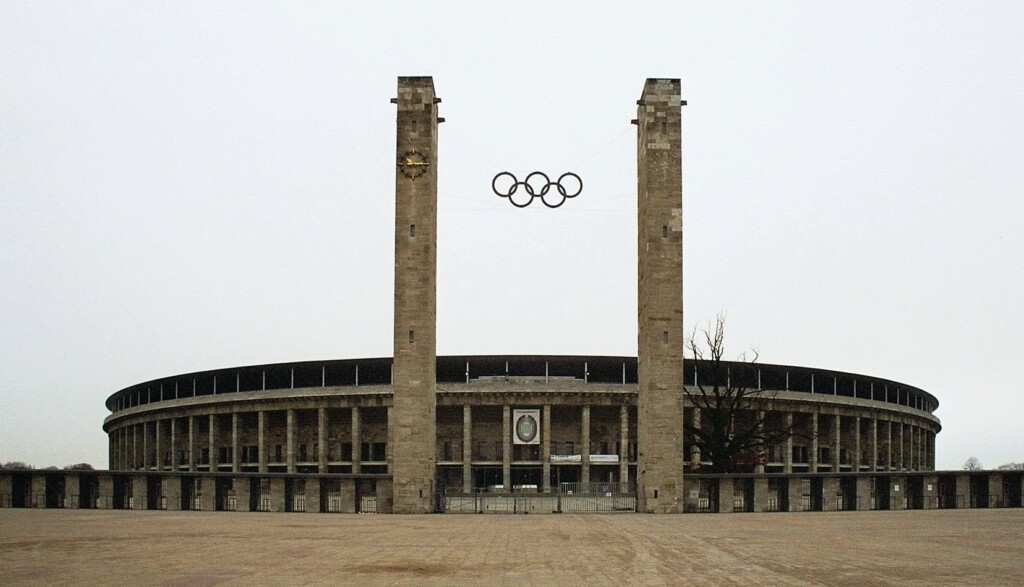
Berlin doesn’t have much luck when it comes to hosting the Olympics, although maybe that isn’t the proper use of the word “luck.” The city was scheduled to host in 1916, but World War I made that impossible. It finally got its chance in 1936, only for the games to be drowned in a sea of Nazi imagery. The 1936 Olympics doubled as a propaganda event for Hitler, and the results weren’t pretty. Still, you can’t change history. Almost a century later, Berlin incorporates the memory of the controversial event into the city’s fabric like only Berlin can. Remembered, not forgotten, appreciated, but not celebrated. The Olympiastadion, built specifically for the event, is the main attraction, a hulking beast of a stadium that remains the largest in Germany.
Barcelona, Spain
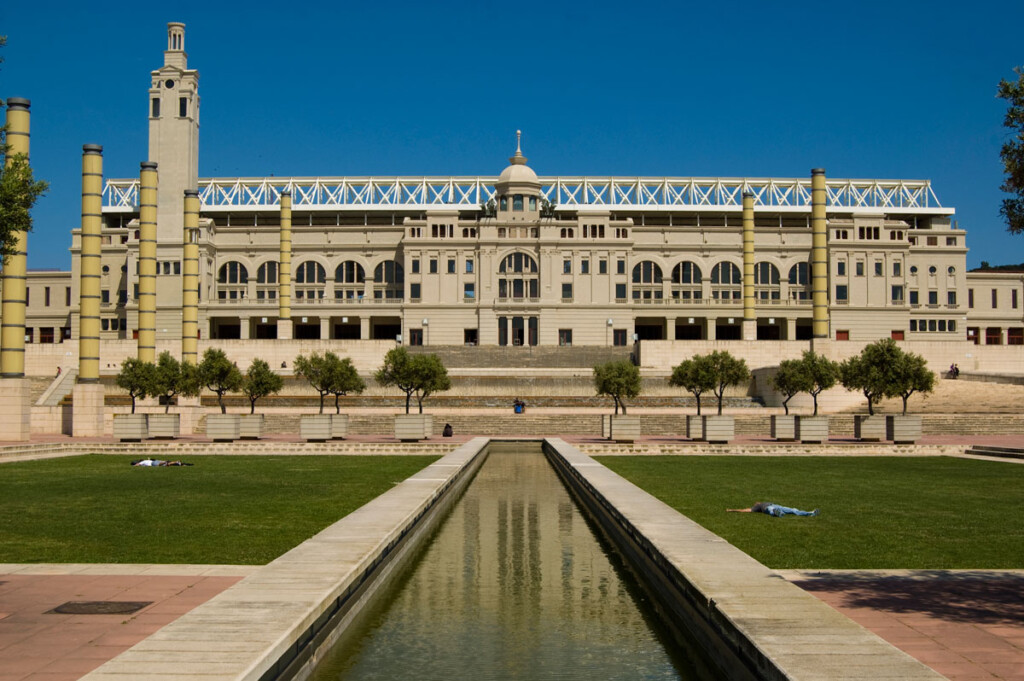
We have a soft spot for Barcelona ’92, as it was the first Summer Games to take place in a world made better by the presence of In Your Pocket City Guides. Sure, the Winter Games took place in Albertville (France) a few months earlier, but no offence to Albertville; it doesn’t quite match up to Barcelona. Few cities do, in truth, whether you are visiting to embrace one of the most vibrant cities on the planet or making a pilgrimage to the site of the greatest modern Olympics. A trip to the sprawling Anella Olímpica complex on Montjuïc is a must, and there are plenty of landmark spots up there. Start at the Lluís Companys Olympic Stadium, and take in the Palau Sant Jordi and the Juan Antoni Samaranch Olympic and Sports Museum before the sun sets. Barcelona ’92 reinvigorated this gorgeous city. The last great Olympics? Maybe, maybe…
Lillehammer, Norway
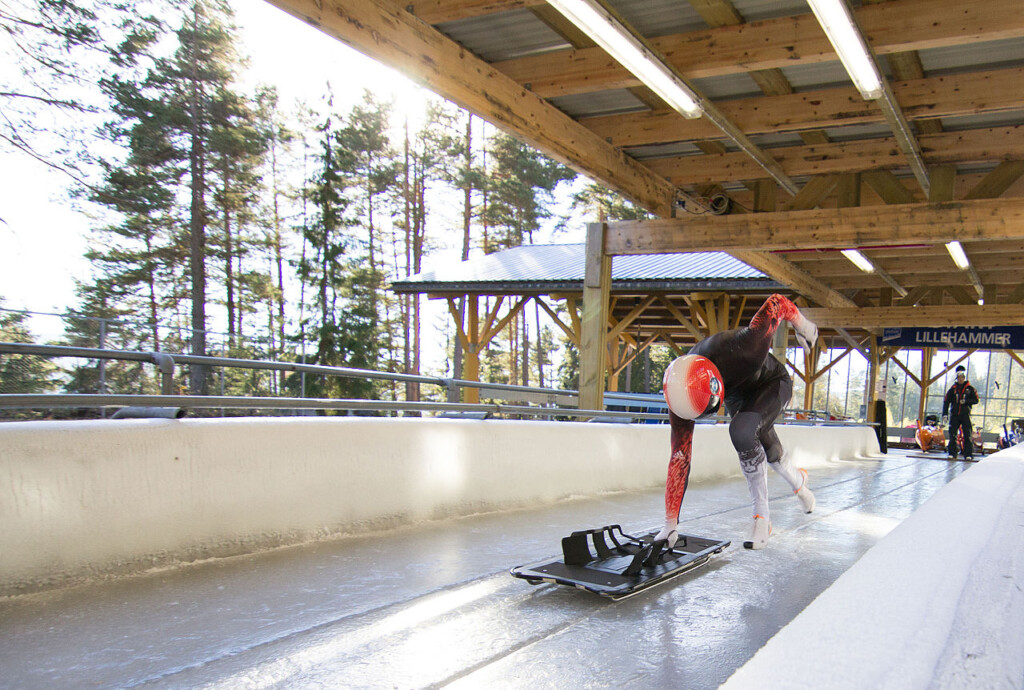
From a major European metropolis to the smallest city ever to host the Olympic Games. Not only that, but Norway’s Lillehammer is also the most northern host city in Olympic history, the sort of fun fact that will surely come in handy at a future pub quiz. A picturesque town of old wooden houses and sweeping promenades, Lillehammer’s Olympic venues make up much of its winter tourism offer. Ski jumping, bobsleigh and classic skiing are available, along with a 50km cross-country ski trail for the adventurous and energetic. The Norwegian Olympic Museum is located in Lillehammer and does exactly what you expect the “Norwegian Olympic Museum” to do. Away from the Olympics, Maihausen is Norway’s largest open-air museum.
Athens, Greece
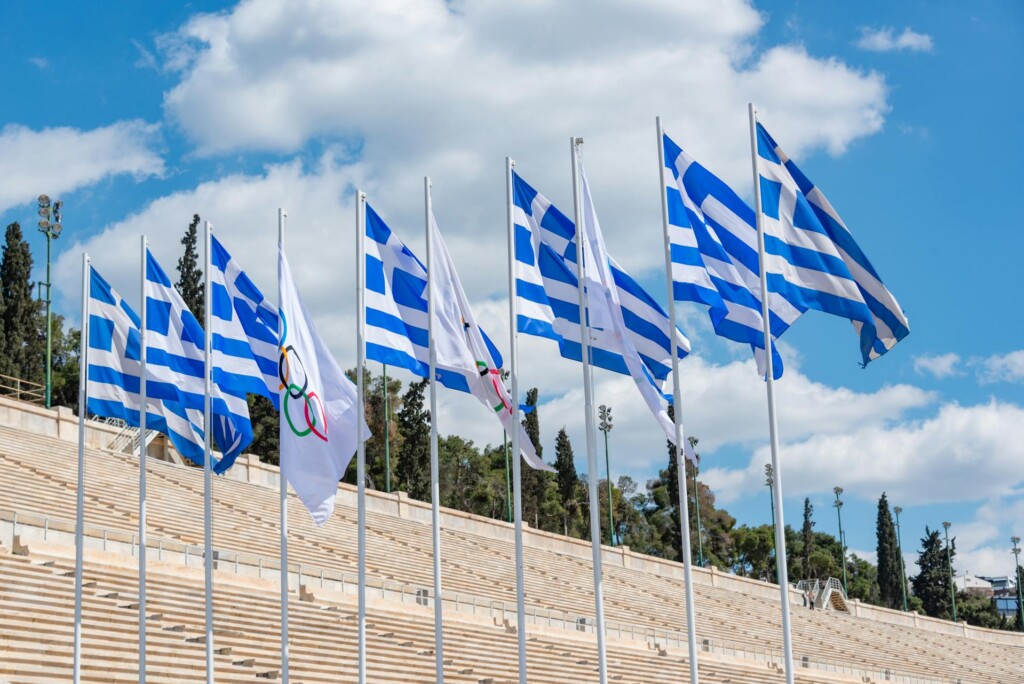
You can’t write about the Olympics without writing about Athens, right? The Greek capital hosted the first modern Olympics in 1896 and then again in 2004, although it obviously would have made sense for Athens to host the games in 1996. That privilege went to Atlanta, which had more to do with its infrastructure than the Coca-Cola conspiracy touted by the Greek media. Still, a stroll around Athens’ most famous landmarks is ostensibly a stroll through Olympic history, from the Kallimarmaro (the only stadium worldwide built entirely of marble) to the stunning Zappeion. The Athens Olympic Complex was constructed for the 2004 Games, although they aren’t particularly well looked after. Forgive our pessimism, but that is a common trend with the Olympics: a lot of excitement and bluster, followed by neglect. But hey, where better to run a marathon than Marathon? Why not visit Olympia, three and a half hours (or so) west of Athens?
Stockholm, Sweden
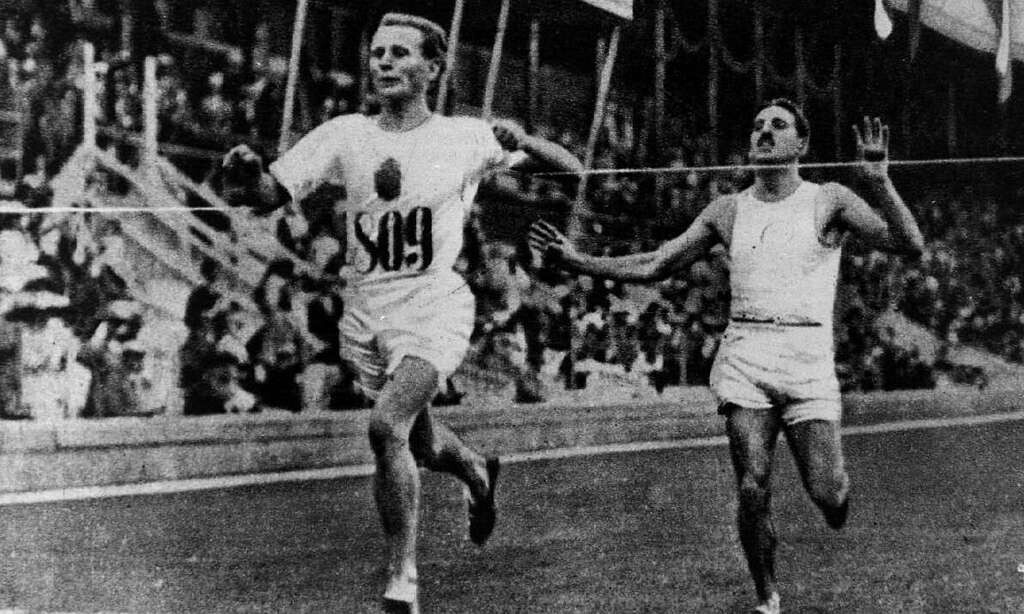
The 1912 Summer Olympics were a big deal. Hosted by Stockholm, they were the last Games to issue solid gold medals and also the first to officially include competitors from Asia. Learning is fun! These were also the last Games before World War I, although we’re guessing that wasn’t exactly common knowledge at the time. Olympic landmarks don’t get much attention in the grand scheme of Stockholm tourism, but the history and ideas behind the Olympic Stadium deserve some attention. Initially, the stadium was designed to be a temporary one of wooden stands, but the intricate brick structure suggests plans changed. The entry gate is particularly charming.
Antwerp, Belgium
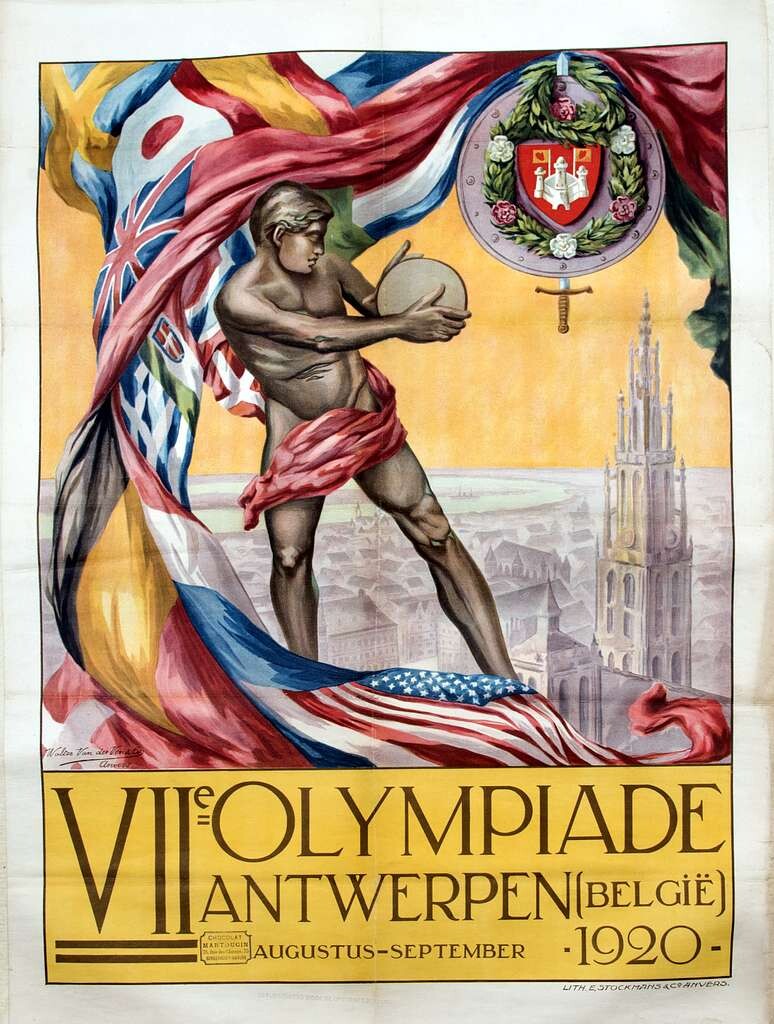
After an eight-year gap due to World War I, the Olympics returned to the international stage in 1920. Where? In Antwerp, obviously, as the heading suggests, although the Belgian city known infamously as the world’s diamond capital doesn’t hold onto its Olympic legacy too tightly. Today, Antwerp is a charming getaway spot, a city where the high life is appreciated that little bit more, making it feel like a mini-Milan transported to Northern Europe. The train station is utterly stunning, and the work put into renovating Antwerp’s museums and galleries is paying off. Antwerp is one of the lesser-known Olympic hosts and one of Europe’s most underrated getaways. Also, here’s a fun fact: the US won the gold in the team 30m military pistol shooting event. Among the winning shooters was a man from Ohio called James Snook, who would later be convicted of the murder of his mistress and sentenced to death, making him the only Olympic gold medallist to be executed. Okay, maybe not such a fun fact, but a fact nonetheless.
London, England

At the time of writing, London is the only city on the planet to host the Olympics on three occasions. Of course, Paris will join the English capital in the summer of 2024 before Los Angeles rounds out the trio of three-timers in 2028, but we’ll worry about compromising the evergreen nature of this article at a later date. London hosted the Olympics in 1908, 1948 and 2012. The destruction of World War II meant that the ’48 Olympics were an understated affair, entirely understandable, but that same charge cannot be levied at the bombastic 2012 event. Danny Boyle directed the opening ceremony! Of course, England is not quite as joyous today as it was back then, and many Olympic venues have been left to memory, but that is exactly where the Olympics are best experienced in London: memory. Whenever London 2012 comes up in conversation, someone will inevitably sigh and remark on how positive it was and how happy a time it was. London is a city that loves to look back and talk about how great things were. What better way to embrace the city’s Olympic legacy than letting your nostalgia run wild?
Grenoble, France
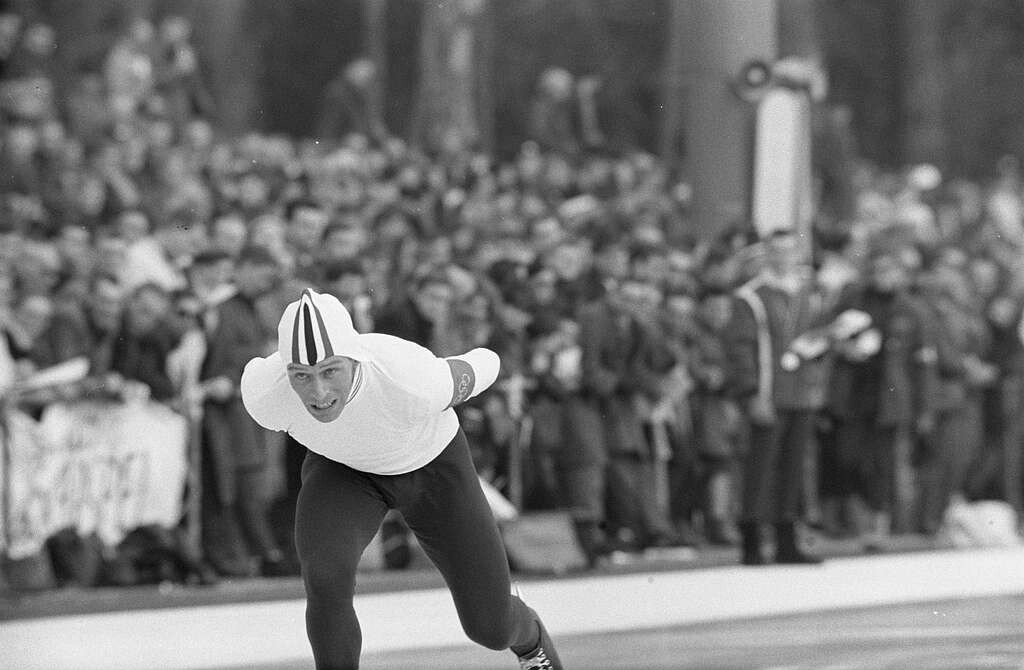
The 1968 Winter Olympics occurred amid tumult as the world teetered on the edge of utter obliteration. You wouldn’t know that from its host city, of course, as gorgeous Grenoble is just about as serene as it gets. The so-called Capital of the Alps was chosen ahead of Calgary to host the games, and the world is thankful. Not because of any issue with Calgary but because of the humble magic of Shuss, the unofficial mascot of the ’68 games. Is it a sperm on skis? It might be, we’re not going to judge, but it certainly deserves questioning. Winter activities dominate life in Grenoble (no great shock considering the whole “Alps” thing), and much of the city was revamped ahead of the event. Guided tours of Grenoble’s Olympic legacy are available, while much of the city’s street art traces its lineage back to the 1968 extravaganza.
Helsinki, Finland
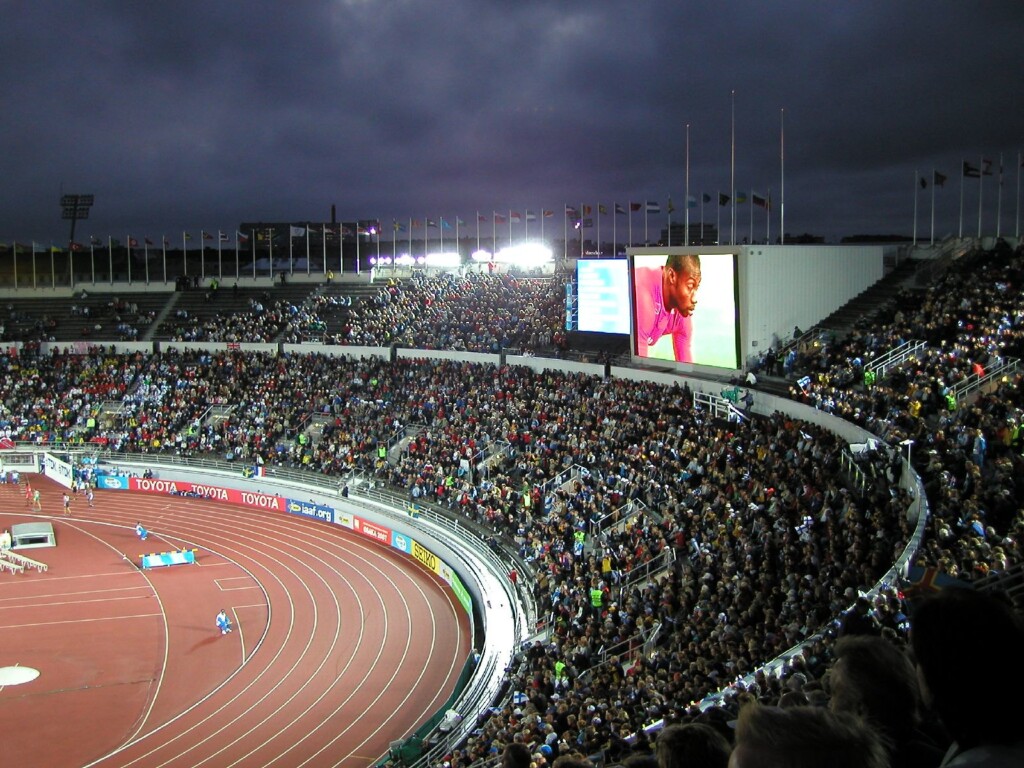
It isn’t accurate to say the 1952 Olympics created modern Helsinki, but it didn’t hurt. The Finnish capital was on the docket to host the event in 1940, but World War II made that all sorts of impossible for obvious reasons. Fast forward 12 years, and a city pulling itself back together following the violence of the war found itself on the world stage. How did the Finns do? Fabulously, of course, with many nostalgically looking back at the Helsinki Olympics as the last authentic Olympics, of a time before those darn professionals ruined everything. The renovated Olympic Stadium was ground zero for much of the competition, while the hulking Velodrome and atmosphere of Merimelojien Maja are also worth a look, but the real legacy was in the miles of new roads and citywide renovation that took place ahead of the event.
Turin, Italy
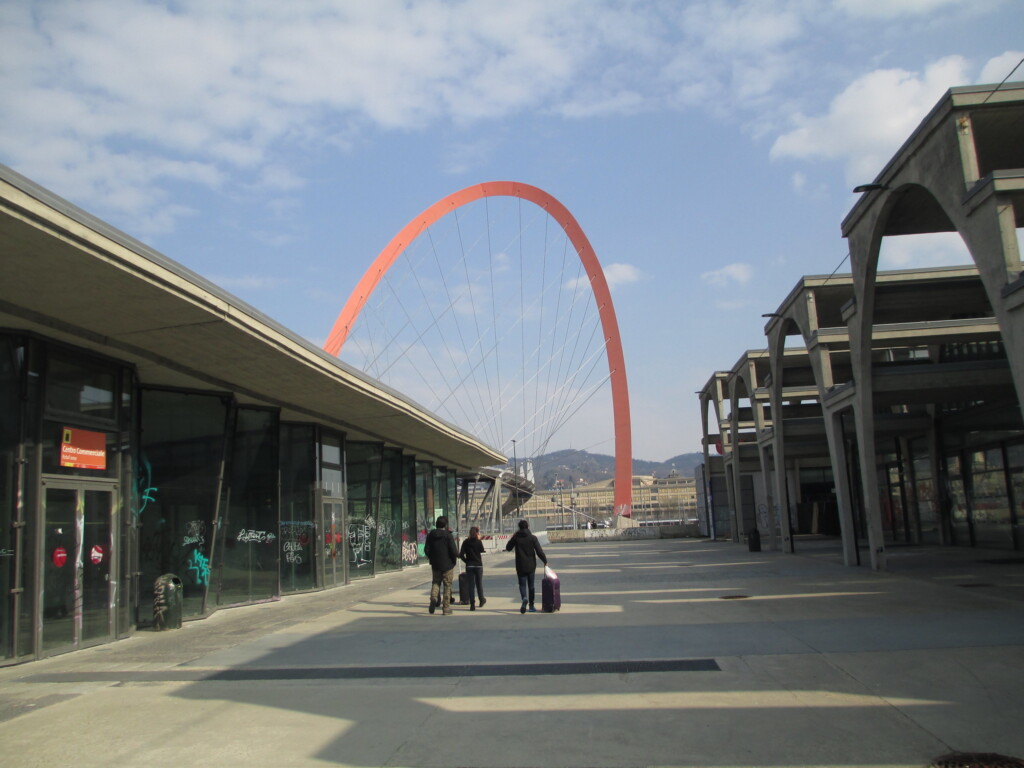
Your exploration of Turin’s Winter Olympics (2006) begins with the fabulous Mole Antonelliana, the 19th-century synagogue-turned-museum considered the tallest museum in the world. What does this have to do with the Winter Olympics? Well, this famous Turin landmark was stylised on the event’s logo, and that is as good a reason as any to include it here. Fifteen venues across the city and the mountains were used for the event, from the aesthetically fascinating Torino Esposizioni to the Sestriere ski resort. Snowboarding took place in Bardonecchia, a small commune 56 miles from the city, the westernmost commune in Italy that is best known for a railway tunnel. It is more beautiful than that sounds, we assure you.
Innsbruck, Austria
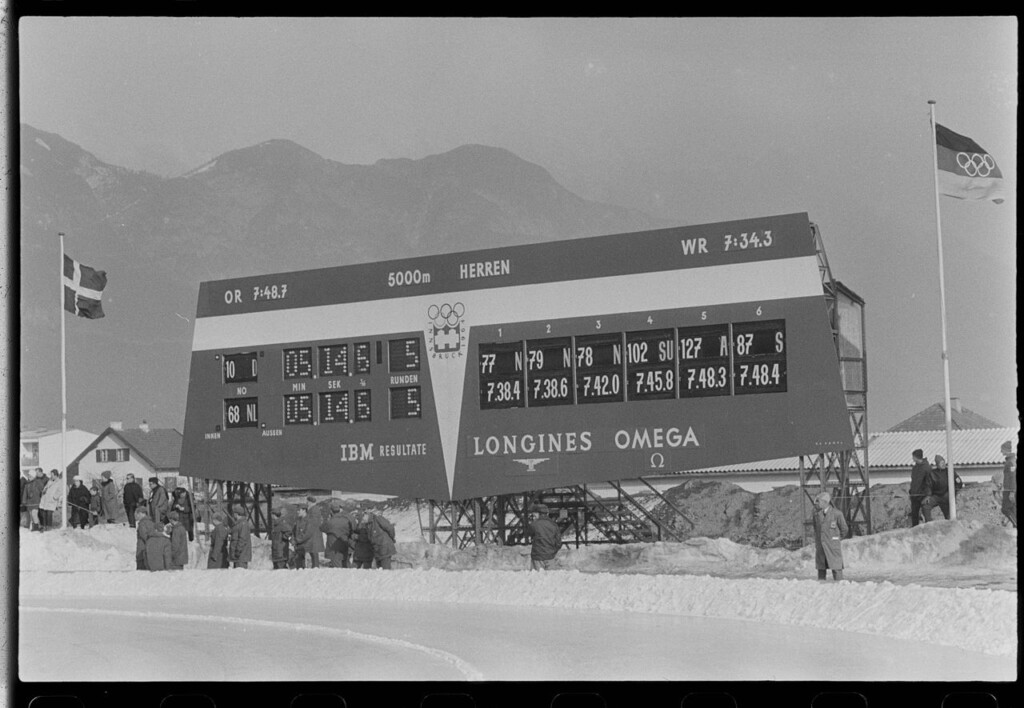
There’s something about Innsbruck that screams “Winter Olympics venue,” right? Just us? The largest city in Tyrol is a winter wonderland packed with sumptuous architecture and one of the most marvellous funiculars on the planet, the Zaha Hadid-inspired Nordkette. Its winter sports pedigree made Innsbruck an obvious host for the Olympics, but the city’s Olympic pedigree runs deep. It hosted the Winter Olympics in 1964 and 1976 but has also twice hosted the Winter Paralympics (1984 and 1988) and the first Winter Youth Olympics, held in 2012. The city itself is as much a part of Olympic history as its venues. The city runs a special Innsbruck Olympic Tour that takes visitors to the many venues, from the Olympic Hall to luge tracks.
Rome, Italy
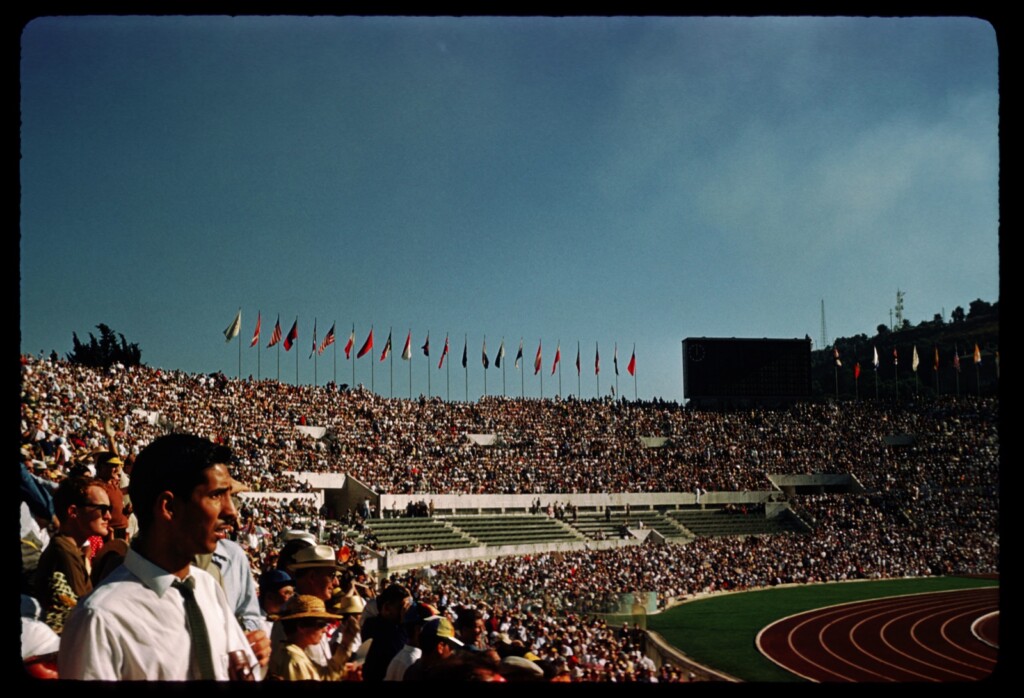
Where else to end but Rome, the site of many thrilling battles between elite athletes over the centuries? Also, battles between elite athletes and actual lions, but that is best forgotten. The 1960 Summer Olympics in Rome were a big deal, being the first to be fully televised and also the first held in conjunction with the Paralympics. The Eternal City hosted the games, but events took place nationwide, from Florence to Naples. The Stadio Olimpico was the centrepiece of it all, a magnificent stadium that remains one of the most beautiful on the planet today. The stadium was actually completed in 1932 as a celebration of fascism in the country, so yeah, not so great. A stadium tour is another in the long line of fabulous things to do in Rome. What else made the 1960 Olympics so famous? Abebe Bikila (Ethiopia) won the marathon, becoming the first Black African gold medallist, and a young boxer by the name of Cassius Clay also burst onto the scene.



Comments
0 comments